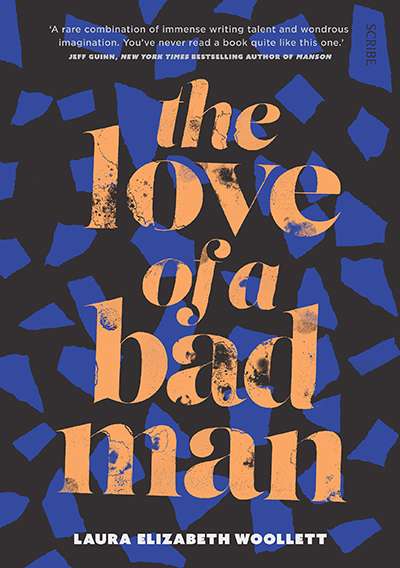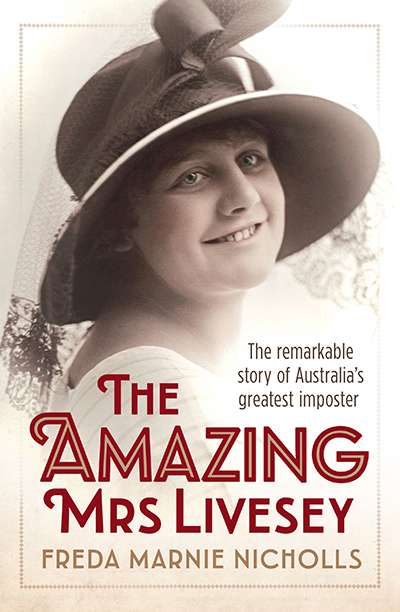Dina Ross
'Middletown. Population: stable,' says the cop on patrol, addressing the audience. 'The main street is called Main Street. The side streets are named after trees ... Things are fairly predictable. People come, people go. Crying, by the way, in both directions.' Middletown. Muddletown. Everytown. The cop's monologue sets up the premise for this play. For the next few ...
To highlight Australian Book Review's arts coverage and to celebrate some of the year's memorable concerts, operas, films, ballets, plays, and exhibitions, we invited a group of critics and arts professionals to nominate their favourites – and to nominate one production they are looking forward to in 2016. (We indicate which works were reviewed in Arts Up ...
When Red Stitch premièred Tom Holloway’s Red Sky Morning a few years ago, it was clear that Australian theatre was witnessing the birth of a significant dramatic voice. Here were a series of interlinked monologues rich in poetic intensity, mixing Aussie vernacular with a haunting lyricism that sung of the earth and was roo ...
It is ironic that Annie Baker’s 2014 Pulitzer-Prize winning play about one of the last American cinemas to use a 35-millimeter projector is being revived by Red Stitch, whose theatre is opposite The Astor, the classic Melbourne cinema that was recently sold and will soon be transformed into a twenty-first century digital ‘palace’.
Red Stitch first perf ...
Leading arts critics and professionals nominate some of their favourite performances for 2014.
... (read more)




